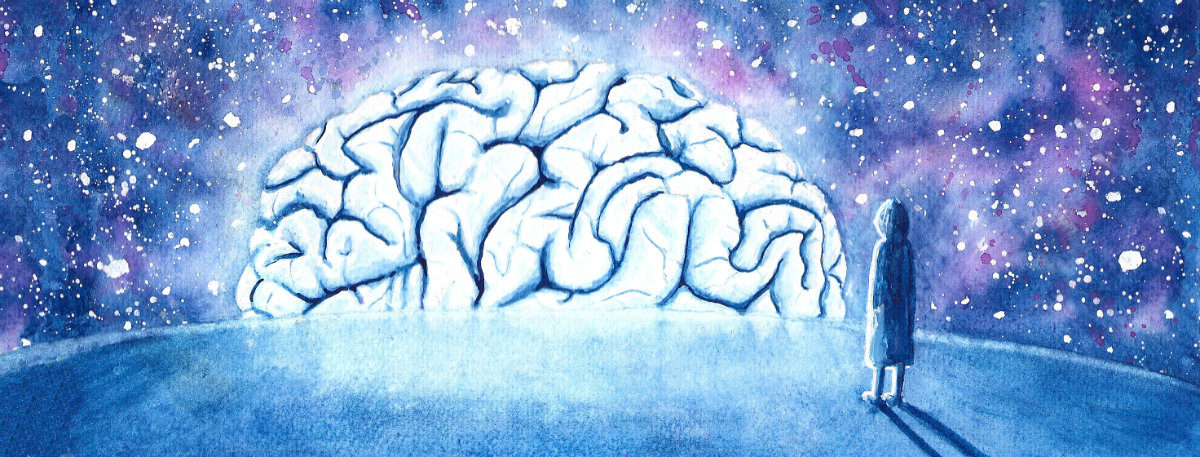 Inspired by an article from themighty.com I decided to write about the expences of chronically sick people in Poland. The situation is quite different from the American, so I think its worth to write, even though the topic was the same. Poland is different. Europe is different. Basically everywhere you have a public health care, better or worse, and, well, for better and worse.
Inspired by an article from themighty.com I decided to write about the expences of chronically sick people in Poland. The situation is quite different from the American, so I think its worth to write, even though the topic was the same. Poland is different. Europe is different. Basically everywhere you have a public health care, better or worse, and, well, for better and worse.
This text doesn’t describe strokies’ expenses, I’m going wider. So:
what affects the wallet of an ill person?
- No work – many of chronically sick people do not work or work for a limited time. Or need to take days off (hours off) to go to plenty of appointments. The loss of income seems to be basically the biggest factor that decreases one’s economic position.
- Cost of meds – in Poland they are partly refunded. Not all, not for every disease. So, for example, you can pay like 30% of the price, but on other meds go normal 100%. And, from my experience, these are the most expensive ones. For example my meds for lupus. No refunds, 100% of the price of the most expensive drugs i am taking. Another thing in Poland is that often only older generation drugs are refunded or even available. About availability: i go to Germany to buy one of my lupus drugs. they are simply not allowed to be sold in Poland. But they are way less harmful to me. The choice is quite simple. So each time I need a refill, my parent need to go over 50 km to German pharmacy (I don’t drive). Good that at least that’s the occasion to buy better washing detergents.
- Physiotherapy – it can be surprising, how often you need rehabilitation. So many not obvious diseases demand rehabilitation to keep patients in a decent state. Sure, rehabilitation is sometimes refunded. Sometimes. At least in Poland, access to physiotherapy is bad. That means that you pay. If you’re lucky, you pay after using the hours you’re entitled to. If not – you just pay. If you’re in a bad position, you’d just don’t have the physiotherapy at all. That means you are sicker than you should be. You could be healthier. But you’re not.
At the moment I don’t have any kind of rehabilitation. I can’t afford it and I don’t want to ask my parents for more money. - Seeing doctors – that’s tricky here. In theory, you have access to every kind of specialist for free. And sometimes it’s fairly easy to see them for the first time. for a visit to the office of random (really random, I found one that I didn’t have to wait for months) I waited for less for 2 weeks. But a first visit at the rheumatologist was scheduled in more than… 2 years. Yay! Guess what I did? I paid the same doctor and I went to her after a few months. Huge difference. There are many kinds of specialists that don’t have free spots for months, years ahead. Even when you pay.
- Travelling – I live in a big city, so most of medical procedures are here, within a few kilometres, but there are people who need to travel far. and people, who need to travel with a carer. I know one history of a woman who travels more than 500 km with her daughter to have her baclofen pump refilled. For me, it was quite complicated. Strokes happened out of my city, so whole treatment took place out of Szczecin as well. For me, little change, for my parents – huge expenses. Huge.
- Equipment, both mobility and adaptive. Again, in Poland, they are partly refunded, but if you want to have something more advanced, you need to pay out of your own pocket. for example, I’ve heard the legends of having the bathrooms adapted for the wheelchair, but I consider them real legends. But on the other hand, the cheapest wheelchair for my grandpa was refunded. Good, that we didn’t need much more.
- Higher bills. Do you use more water or electricity? You pay. Simple.
- Nursing and caring – Woah, that’s a huge one. especially that the expenses are big, refunds small (or there are no). Usually, severely sick people here are taken care of family members. So it can limit also their income. But it’s not really only about full time caring. Sometimes sick people need help in cleaning, shopping or going outside with someone who would assist them. Expensive, expensive, hard.
Maybe there are more points, but to tell the truth, these are main. I struggle with some of them (or maybe… my parents do, because its them who pay for most of my medical bills).






